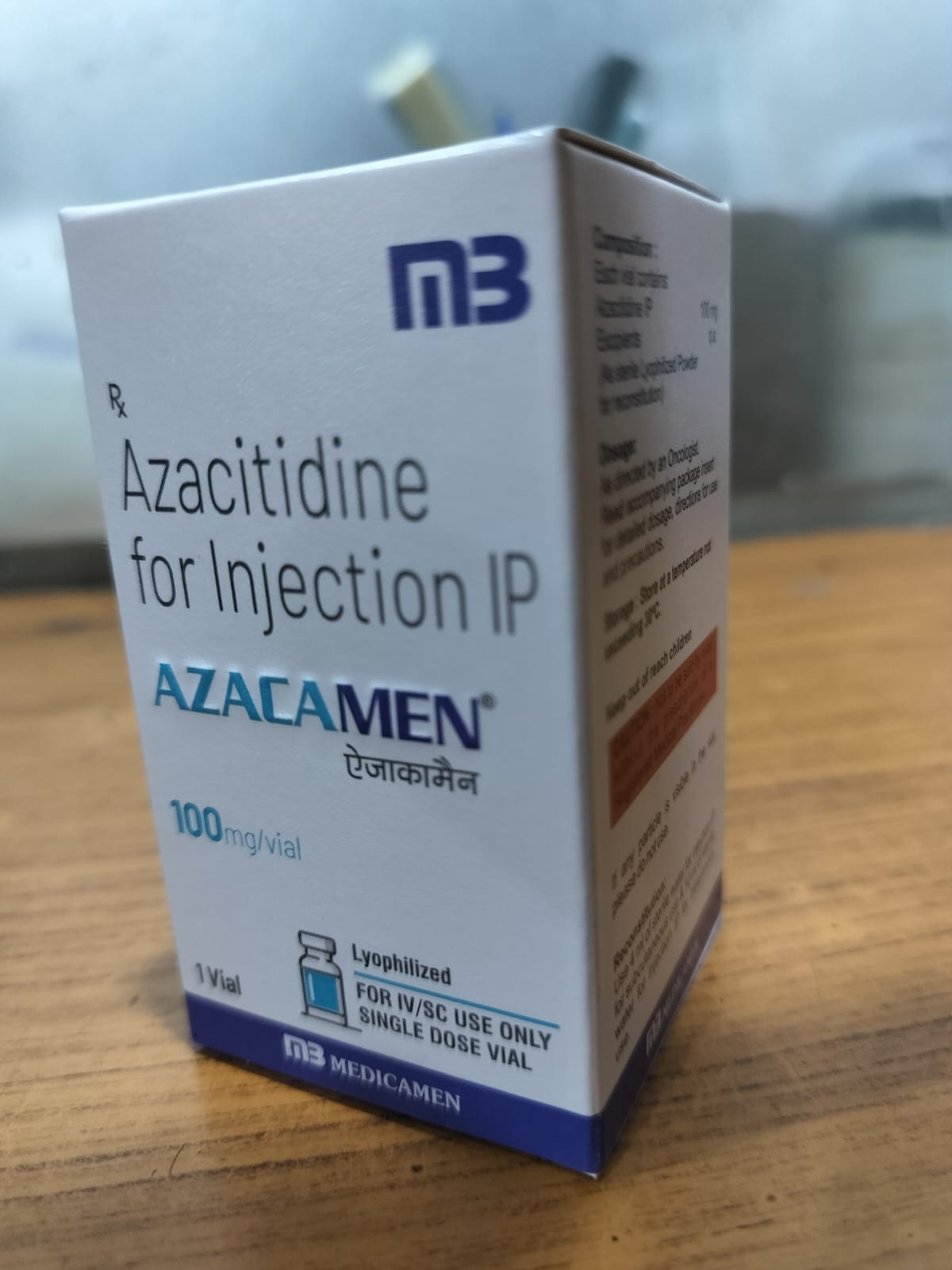Product Introduction:
Cresp is a recombinant human erythropoietin analogue that stimulates the bone marrow to produce more red blood cells. It is especially beneficial in managing anemia in patients undergoing dialysis, living with chronic renal failure, or receiving chemotherapy for cancer. Available in multiple strengths, Cresp allows tailored dosing based on patient needs.
Uses:
Cresp is used for the treatment of anemia caused by:
-
Chronic Kidney Disease (CKD) – both in dialysis and non-dialysis patients
-
Chemotherapy-induced anemia in cancer patients
-
HIV patients treated with zidovudine (off-label)
-
Anemia in myelodysplastic syndromes (off-label)
-
Reducing the need for RBC transfusions during elective, noncardiac surgery
-
Anemia of chronic disease in certain autoimmune or inflammatory conditions (off-label)
Storage Instructions:
-
Store in a refrigerator at 2°C to 8°C
-
Do not freeze or shake the injection
-
Protect from light; keep in original packaging
-
Bring to room temperature before injection (do not heat externally)
How It Works (Mechanism of Action):
Darbepoetin Alfa is a synthetic form of erythropoietin with a longer half-life. It binds to the erythropoietin receptor on progenitor cells in the bone marrow, stimulating them to proliferate and differentiate into mature red blood cells. This leads to an increase in hemoglobin and hematocrit levels, improving oxygen delivery in the body.
Side Effects:
Common side effects:
- Hypertension
- Headache
- Edema
- Injection site reactions
- Fatigue
- Arthralgia (joint pain)
Severe side effects:
-
Seizures
-
Thromboembolic events (e.g., DVT, stroke)
-
Pure red cell aplasia (PRCA)
-
Cardiovascular events (if overcorrected hemoglobin levels)
-
Allergic reactions including rash, urticaria, or anaphylaxis
Dosage (Typical Recommended Dose):
For CKD Patients:
-
Dialysis patients: Starting dose is 0.45 mcg/kg IV or SC weekly, or 0.75 mcg/kg every 2 weeks
-
Non-dialysis patients: 0.45 mcg/kg SC once every 2 weeks, then titrate based on hemoglobin levels
For Chemotherapy-Induced Anemia:
-
2.25 mcg/kg once weekly, or
-
500 mcg once every 3 weeks
Adjust based on hemoglobin response, maintaining levels <12 g/dL
Method of Administration:
-
Administer subcutaneously (under the skin) or intravenously
-
Do not shake the syringe before use
-
Rotate injection sites if given SC
-
Should be administered by a healthcare professional or under medical guidance for home use
Precautions:
-
Monitor hemoglobin levels regularly (every 1–2 weeks during initiation)
-
Use cautiously in patients with hypertension, seizure disorders, or cancer
-
Do not use to target hemoglobin >12 g/dL due to increased risk of cardiovascular events
-
Discontinue if no hemoglobin response after 8 weeks of adequate dosing
-
Contraindicated in uncontrolled hypertension
Drug Interactions:
-
No significant direct drug interactions
-
May require adjustment in iron supplementation for optimal effectiveness
-
Caution with drugs that affect blood pressure or increase thrombosis risk
Allergies:
-
Hypersensitivity to Darbepoetin Alfa or any component of the formulation
-
Rare but serious allergic reactions such as anaphylaxis or angioedema have been reported
-
Avoid in patients with history of PRCA following erythropoietin treatment
Overdose Information:
-
Overdose may result in polycythemia (high hemoglobin/hematocrit) and increase risk of thrombotic events
-
Manage with phlebotomy, dose reduction, or temporary discontinuation
-
Seek immediate medical attention in case of overdose
Missed Dose Instructions:
-
If a dose is missed, administer as soon as possible
-
If close to the next scheduled dose, skip the missed dose
-
Resume the regular dosing schedule – do not double the dose
Additional Notes:
-
Monitor iron, folate, and vitamin B12 levels, as deficiencies can reduce response
-
May require iron supplementation
-
Educate patients on signs of blood clots, stroke, and high blood pressure
-
Cresp allows less frequent dosing than epoetin alfa due to its extended half-life


